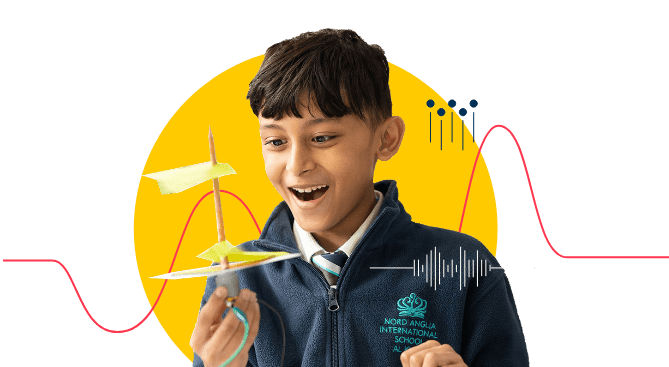News
- Something else?
- Apply Now
- Parent Essentials
- News
- Something else?
- Apply Now
- Parent Essentials
- News
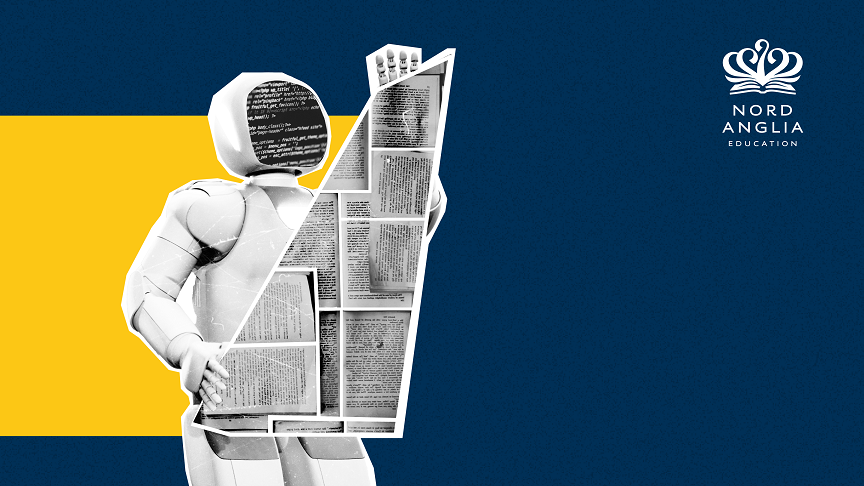 Blog
Blog
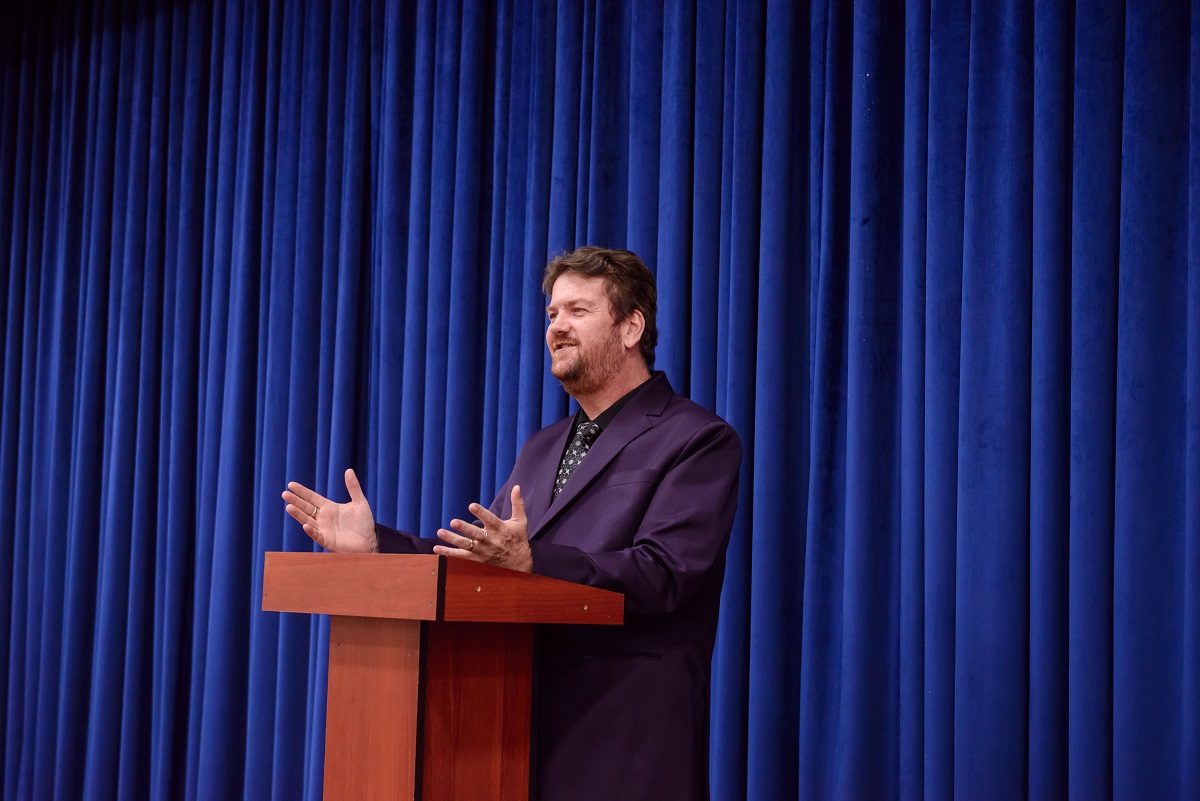 News
News
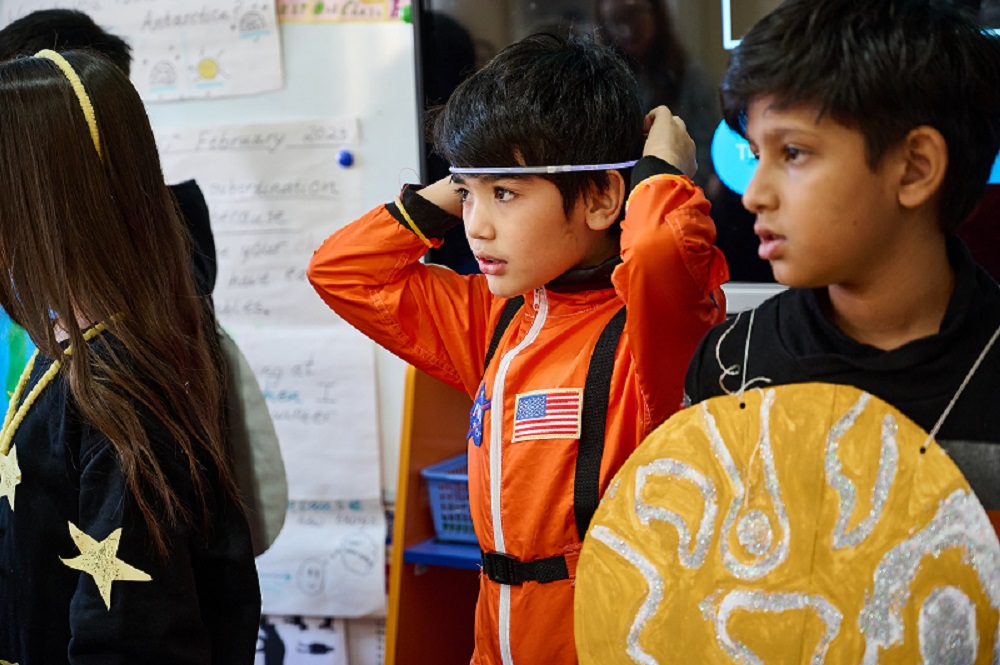 Blog
Blog
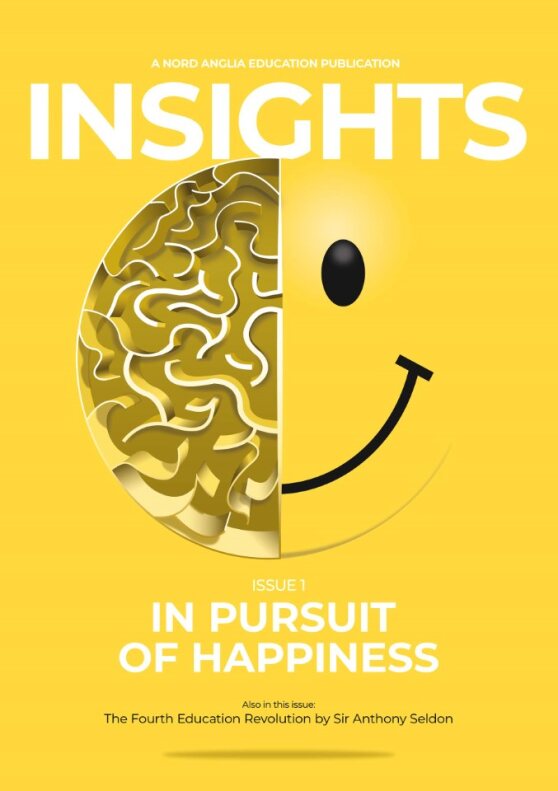 News
News
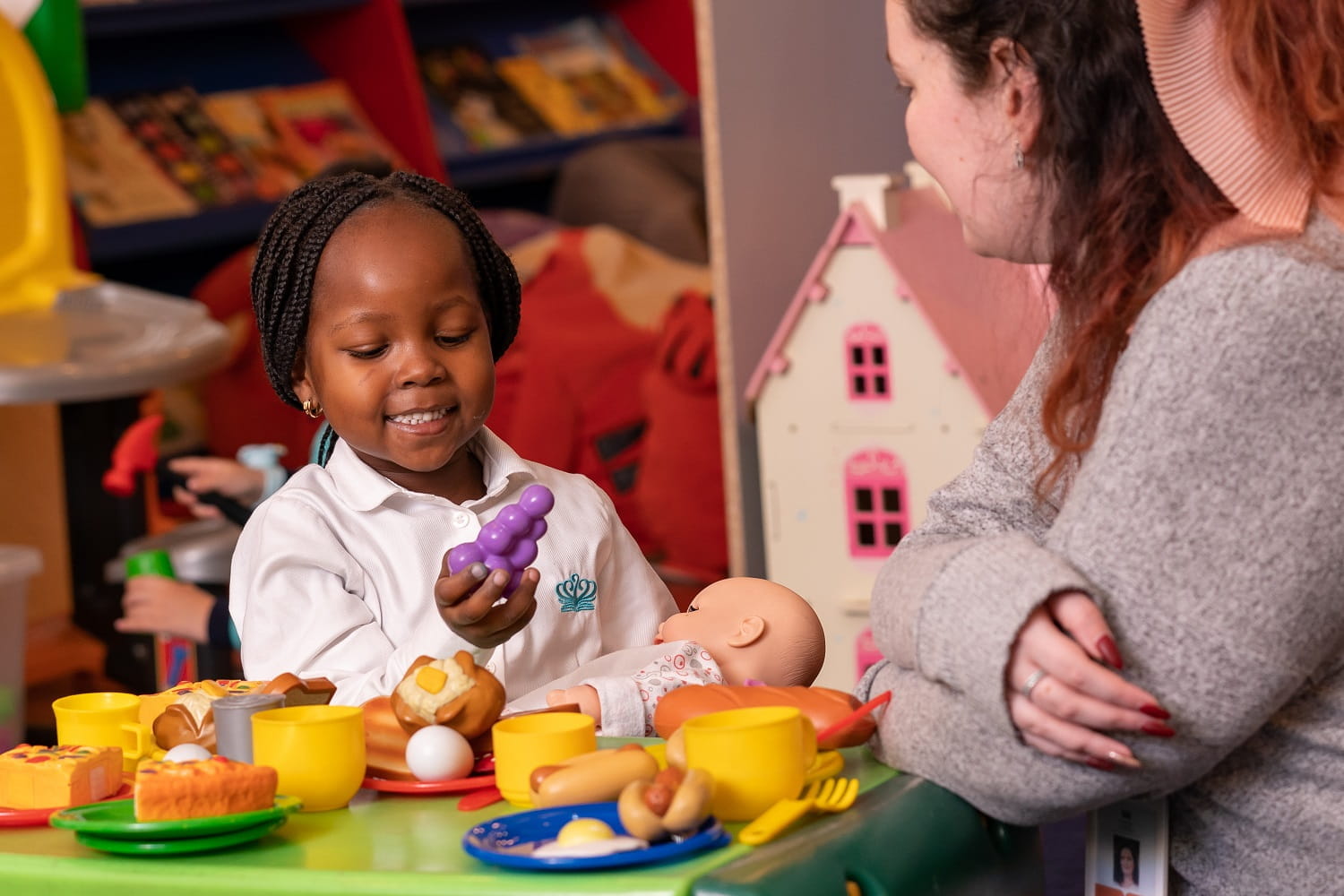 Podcasts
Podcasts
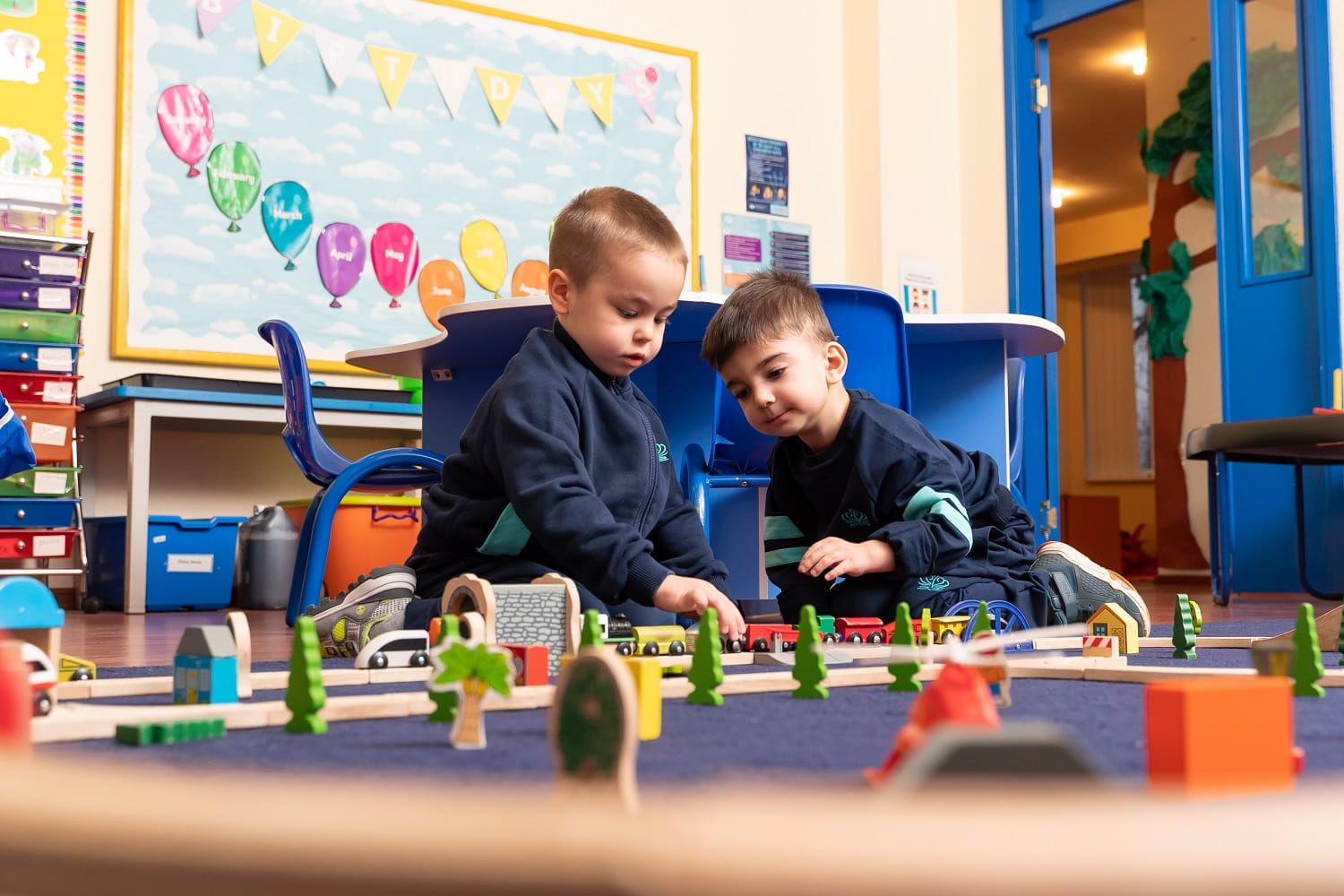 Podcasts
Podcasts
